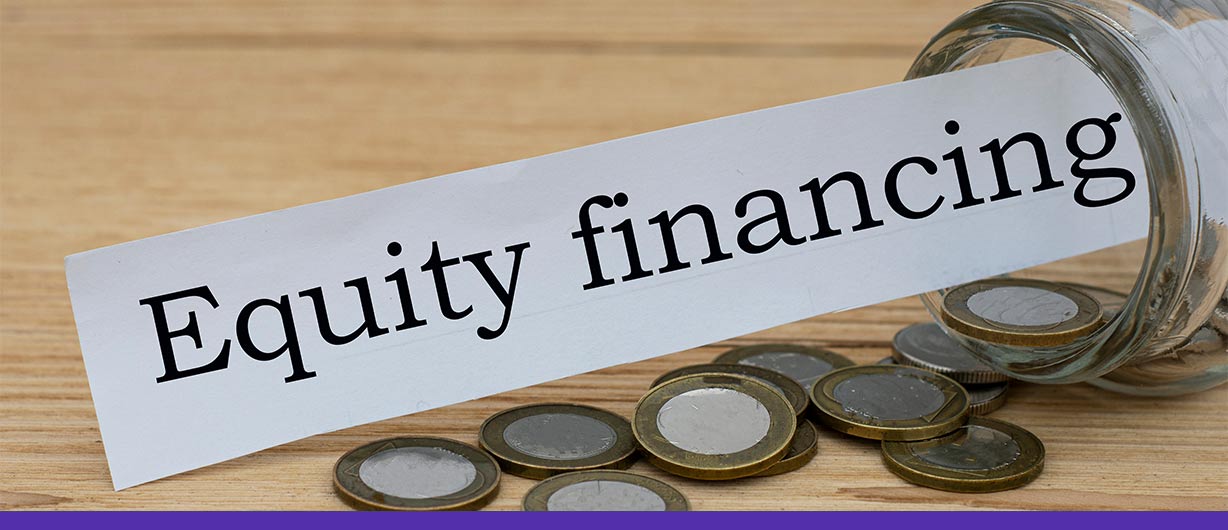December 7 2022 | By Farwah Jafri | 5 minutes Read

Depreciation is a devaluation of an asset over a period of time. Your tangible assets like equipment, vehicles, building, furniture, and machinery are all examples of depreciable assets. If you own an asset used for income-producing activity, it will depreciate as well. According to the IRS, you have to deduct an amount from the asset’s depreciable value when you prepare your taxes.
According to the IRS, certain intangible assets can also be depreciated over the passage of time such as copyrights, patents, and computer software. But certain assets cannot be depreciated.
The IRS does not allow you to recover the cost for certain assets which cannot be depreciated.
Let’s break down the assets which are depreciable and which are not according to IRS.
Businesses only depreciate some of their assets. The low-cost items having a short lifespan are mostly recorded as business expenses. This is because these expenses can be written off in a year when they are incurred.
The IRS has strict guidelines regarding which assets cannot be depreciated and which ones can have their value deducted.
To have a better understanding, look at the kind of assets that depreciate and the ones that will depreciate over time.
As per IRS, the following assets will be considered depreciable assets:
– Equipment
– Office Building
– Buildings rented out for income (both commercial and residential property)
– Machinery
– Furniture
– Vehicles
If you have made any changes to the rented property, you become eligible to depreciate them.
These are the assets that can be claimed as depreciable property when you file taxes if any of these are used by you for business or income production purposes.
For instance, if a business owner’s property is used for personal use, such as a summer home or a vacation house for himself and his family, then this property cannot be claimed as a depreciable asset.
However, if the same property is rented out commercially for a few months, then it can be claimed as a depreciable property but just a portion of the total cost.
Let’s have a look at the assets that cannot be depreciated:
According to the IRS, the land is considered a non-depreciable asset because “it does not wear out, become obsolete, or get used up.” However, some kinds of preparation costs are attached, which may be counted as depreciable costs, such as landscaping costs, etc.
Your home or car that you have purchased for your personal usage is not considered a depreciable asset. But, if you are using any kind of vehicle for business purposes, then the IRs will allow you to claim a portion of the cost of that particular vehicle as a depreciable asset.
Precious items like art pieces and coins are often considered non-depreciable assets.
Any kind of investments made into bonds and stocks are non-depreciable assets; therefore, they cannot be claimed while filing taxes.
All the current assets, like receivables and cash in hand, cannot be claimed as depreciable assets.
Depreciable assets are basically business assets that are eligible for depreciation. According to IRS Publication 946, the asset must meet a few mandatory requirements to qualify as depreciable property.
The agency provides a list of requirements that can help you determine whether your possession will be claimed as a depreciable or non-depreciable asset while claiming taxes.
Have a look:
– The asset is under your ownership
– The asset is used for conducting business or in the production of income
– The asset has a life expectancy of more than a year.
– The asset must have “a determinable useful life.”
If you have an asset that meets the above requirements, then according to the IRS, you need to start to depreciate them whenever they are considered “in use or service” for business purposes or for the production of income.
For instance, if you purchased equipment back in 2021 and still haven’t used it until 2022, then you will be able to make a claim of the asset being depreciable in 2021 as it was not in use.
It is a known phenomenon that assets become obsolete after a designated period of time and need to be replaced.
Fixed assets like vehicles and equipment are a considerable expense for any business. Assets start depreciating as soon as they come to use. Depreciation is calculated in the recovery cost incurred by the assets over their useful life. This is mainly used as a sinking fund in order to replace the asset at the end of its useful life or whenever you decide to replace it.
One of the main reasons for calculating depreciation is that it reduces the tax burden as it lowers the taxable income. However, depreciation is a non-cash expense; therefore, it does not have an effect on the cash flow.
It is for a business owner’s own benefit to know which assets can be depreciated and which assets are non-depreciable. This will help the business in the long run to avoid any kind of high expenses and high variable financial results.
Read Also: A Simplified Guide To What Is Tax Invoice, Its Key Elements & Purpose
Subscribe for business tips, tax updates, financial fundamentals and more.
MORE BLOGS

Ever wondered “What are advisory shares and why do I need to learn all about them?” The answer lies in the question. An advisory share is […]
Learn More →
How can you see a snapshot of your business’ financial situation at any time? You can use a document called a balance sheet. This special report […]
Learn More →
Equity financing might be an appealing option if you’re a small business owner searching for funding to fuel your company’s expansion. However, before delving into the […]
Learn More →